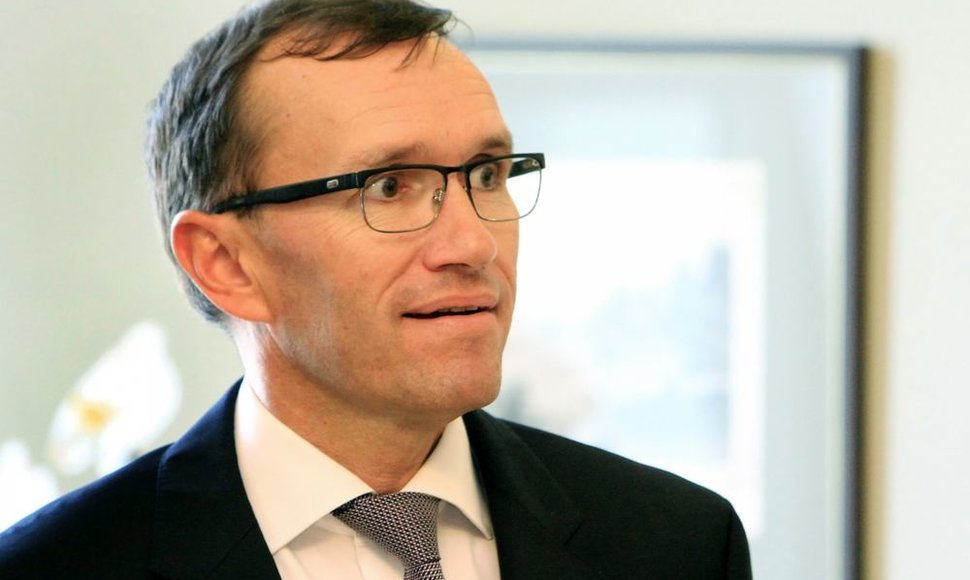In an interview with BNS, the minister said that Saturday's March for Equality through Vilnius' central Gedimino Avenue was a good sign and underlined that European integration is important for ensuring equal rights for gays and lesbians as well as other people.
"The fact that the march was allowed in the main street is a good thing. The fact that there is a lot of international profile around this and the fact that counter-demonstrations were less violent are a sign of development in the positive direction," Eide told BNS after a meeting with Lithuanian President Dalia Grybauskaitė and Lithuanian lawmakers.
Around 500 LGBT rights activists and their supporters, including the Norwegian ambassador in Vilnius, took part in the Baltic Pride March for Equality on Saturday. Many opponents also gathered to protest against the march. Several dozen protesters were later detained for minor offences but no major incidents were recorded.
The Norwegian minister said that one could see similar reactions in his country 30 years ago but now the situation has totally changed.
"I was myself opening Oslo Pride a month ago, and nobody thought I was strange. My colleague, the minister of culture who is a Muslim woman, walked in front of the parade. But we weren't always like that. This is relatively recent. It is because the LGBT community and also the human rights community and the liberal community have been making these political strides that we've made it normal. I think Lithuania is one of the many countries who are in the midst of it right now," the Norwegian minister said.
"It could go faster but it is moving in the right direction. And I think European integration helps because what we are actually demanding is not special rights for gays, lesbians or transsexual persons - we are just demanding the same rights as everybody else," he said.
Homosexuals in Norway are allowed to get married and adopt since 2009. Same-sex civil partnerships have been allowed in Norway for over 20 years.












